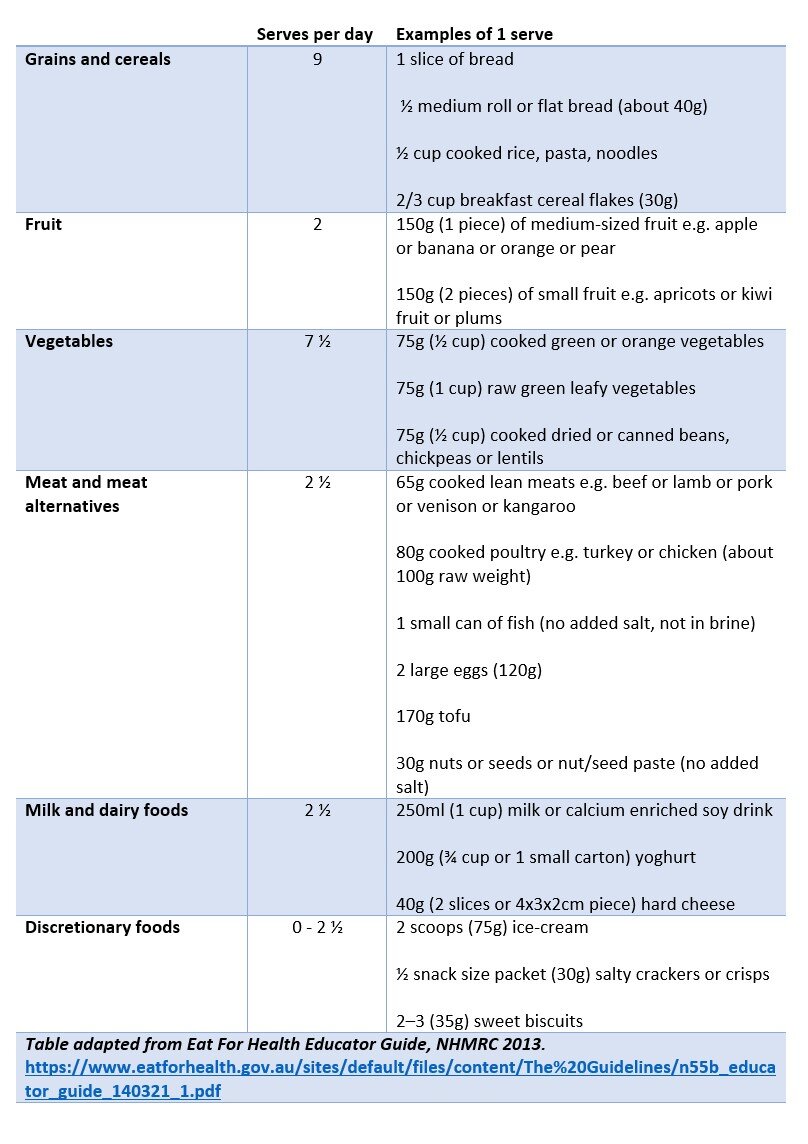Nutrition for Breastfeeding
In celebration of World Breastfeeding Week (1st- 7th August), we have a look at nutrition for breastfeeding in this month’s blog post. This year’s #WBW2020 campaign focuses on how breastfeeding supports a healthier planet. To find out more about the campaign, head to: https://worldbreastfeedingweek.org/
In Australia, exclusive breastfeeding is recommended for infants until solid foods are introduced around 6 months of age. Current recommendations encourage mums to breastfeed their children up to 12 months and beyond to accompany solids, if the child and mum desire. We know there are numerous benefits of breastfeeding for mum and baby, but what should mums eat to support healthy breastfeeding? Here are our answers to some commonly asked questions we receive!
Which nutrients are important during pregnancy?
Mums who choose to breastfeed should be aware that an adequate, nutritious diet supports milk production and ensures your baby is receiving all the right nutrients to develop. While all nutrients are important for breastfeeding, we’re shining the spotlight on a few that deserve particular attention to ensure mum and baby stay healthy.
Energy (also known as calories)
- Breastfeeding uses a lot of energy. In fact, breastfeeding women use approximately 2000 kilojoules (480 calories) each day to produce milk!
- This does not necessarily mean that mums need to eat an additional 2000 kilojoules each day to keep up with these increased requirements.
- Usually, the additional energy can be sourced from existing fat stores that have been built up during pregnancy. This is why breastfeeding often helps mums with healthy weight management after pregnancy.
Carbohydrates
- Carbohydrate requirements are increased during breastfeeding.
- This nutrient is needed to produce the main sugar present in breastmilk, lactose. Lactose is a key energy source used in your baby’s growth and development.
- Some good sources of carbohydrates include grain foods such as bread, rice, pasta, cereals and starchy vegetables.
Iodine
- Iodine requirements are increased during breastfeeding.
- Infants require this mineral in breastmilk to develop their brain and nervous systems, and to build reserves of thyroid hormones (responsible for body functions such as heart rate, digestion, temperature regulation).
- Good sources include freshly cooked and consumed seafood, bread with added iodine, eggs and dairy.
- In addition to eating iodine-rich foods, iodine supplementation of 150mcg/day is recommended when breastfeeding.
Calcium, B12, Zinc and Vitamin D
- Some women will need additional supplementation and careful diet planning to ensure they are getting enough calcium, B12, and Vitamin D.
- Mums who eat a vegan or vegetarian diet may be at risk of inadequate calcium and B12, which are important for both mum and baby’s health.
- Mums who have darker skin or wear veils for cultural or religious reasons may be at risk of Vitamin D deficiency. Vitamin D is important for healthy bone development.
Talk to an Accredited Practicing Dietitian (APD) if you are unsure whether you are getting enough of these nutrients.
How can I make sure I’m meeting my nutritional requirements while breastfeeding?
Eating a healthy, varied diet and supplementing iodine (and any other vitamins or minerals as recommended by an Accredited Practicing Dietitian or your GP) will help you get the nutrients you need while breastfeeding. The table is a guide to the number of serves of different foods you should aim to eat each day to meet your nutritional requirements.
The Accredited Practicing Dietitians at Holistic Dietetics can give you tailored advice to ensure you’re eating enough of the right nutrients during your breastfeeding journey, so contact us today!

